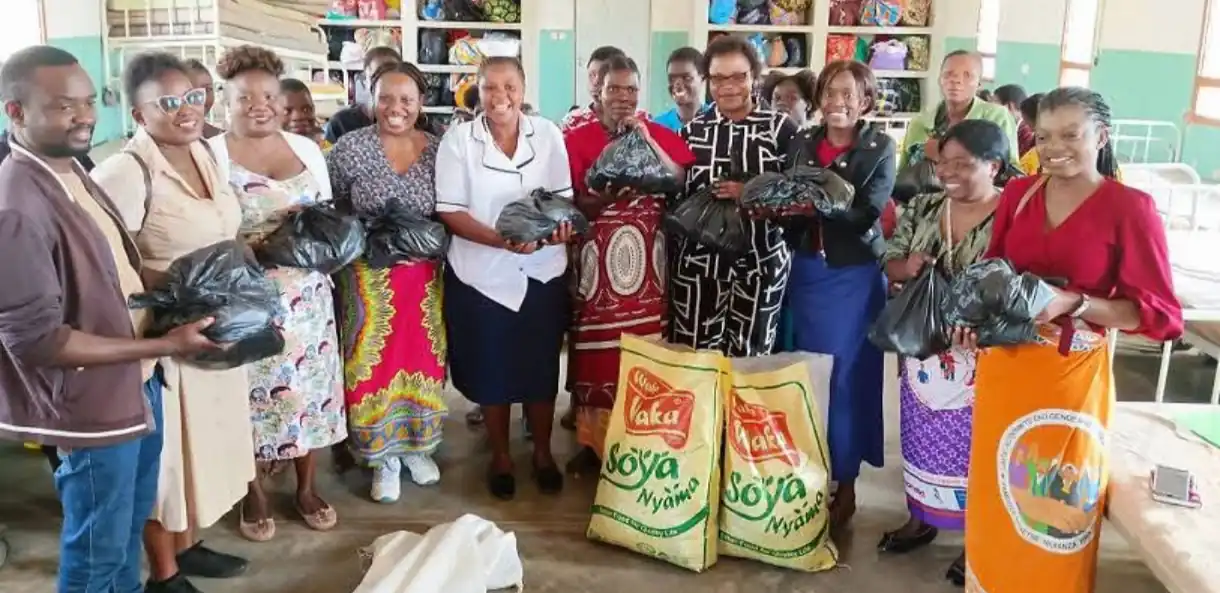Malawi: Partners in Health (PIH), locally known as Abwenzi Pa Za Umoyo handed over a vehicle, six motorcycles, three laptops and stationery to Neno District Health Office. The handover ceremony was done on Friday in the presence of the district health office representatives.
The vehicles and stationery were purchased with support from Global Affairs Canada (GAC) as part of the ‘No Woman or Girl Left Behind’ (NWGLB) project which PIH was implementing in collaboration with the District Health Office.
Speaking during the handover at Neno District Hospital, PIH Director of Community Health, Jimmy Harare said the project achieved a lot, adding that there was a need for continuity.
He said since the launch of NWGLB in 2019, the project played a crucial role in improving health outcomes for adolescent girls and women in Neno.
The project focused on sexual and reproductive health services, youth-friendly health care and responses to sexual and gender-based violence (SGBV) which has now come to an end.
Harare therefore said the handover of the assets was aimed at sustaining services to deal with SGBV beyond the project.
“We worked closely with the government and the Ministry of Health to implement this project. This donation ensures that essential services continue even after the project’s official closure,” said Harare.
Looking forward, he said PIH hopes to see continued efforts in addressing SGBV and enhancing reproductive health services.
“We have witnessed strong commitment from the Ministry of Health and other stakeholders.
The goal is to ensure that the work we started does not stop here.
“We want these services to be sustained and expanded to reach more people in need,” Harare added.
Director of Health Services for Neno District Council, Dr. Enock Ndalama expressed gratitude for the ambulance donation, highlighting its significance in addressing mobility challenges.
“This is a great day for the District Health Office. These assets will help us continue serving our communities, especially those in remote areas.
“This is a testament to the strong partnership we have had with PIH, and we are deeply grateful for this support,” Ndalama added.
Since its inception, the NWGLB project has contributed to increased reporting of SGBV cases and improved referral systems.
The organization has invested K3 billion in the initiative. It also helped establish youth-friendly health corners and one-stop centers for SGBV survivors, ensuring provision of the needed support.

